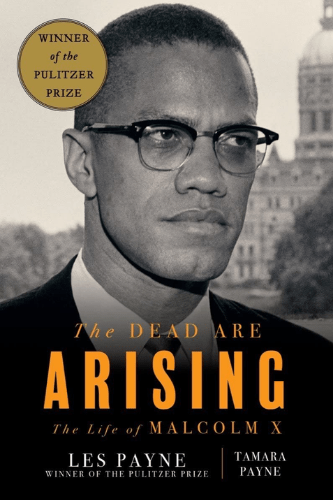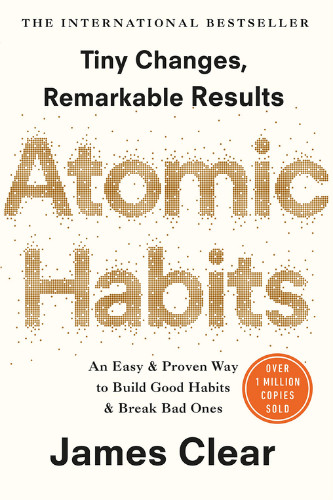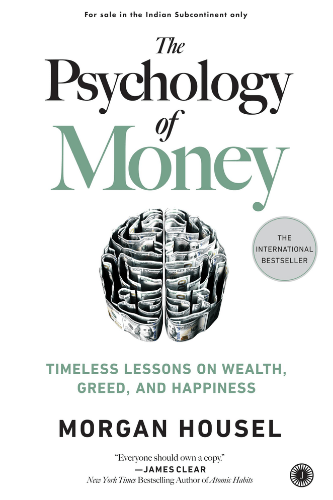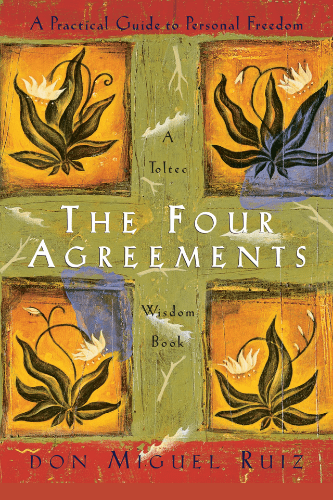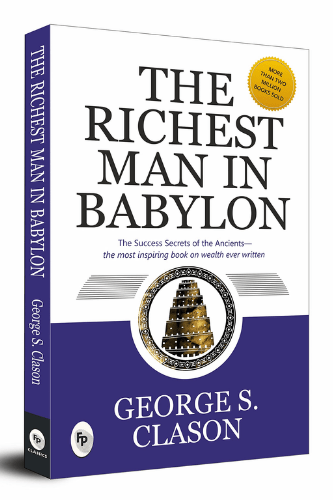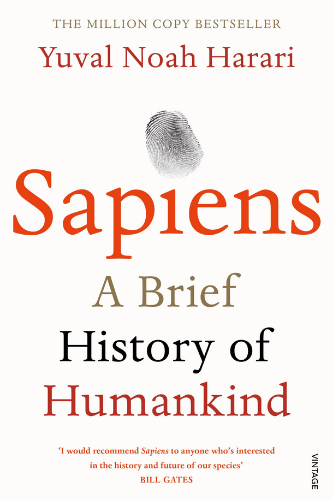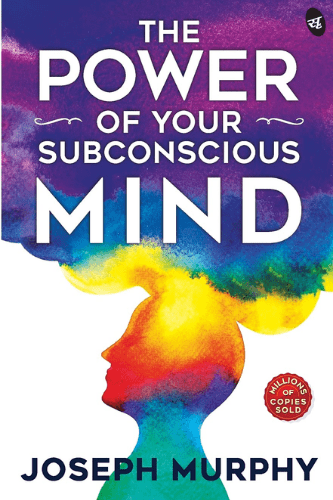Les and Tamara Payne’s biography, The Dead Are Arising: Malcolm X’s Life will be written by the author couple. Over the course of three decades, Payne interviewed family members and secured rare documents for the book’s research. The book was never finished because Les Payne died before it was finished. This nonfiction work won the National Book Award for Nonfiction when Tamara completed it after her husband died.
Les Payne was the book’s primary author. During the course of 30-year research, Malcolm X’s life was the subject of a detailed biography. He scoured the world for anybody who could have known Malcolm. When he was seven, the young man was inspired to take pride in his race after hearing Malcolm X make an empowering speech. He credits Malcolm for allowing him to finally let go of his self-loathing. Tamara Payne, the daughter of Les Payne. After Les’s terrible death, she was able to finish the project.
| Book | The Dead Are Arising pdf |
| Author | Les Payne, Tamara Payne |
| Publication | Liveright |
| Language | English |
| Page | 640 |
Also Download: Song Of Solomon By Toni Morrison | Ugly Love By Colleen Hoover
Summary of The Dead Are Arising
The Dead Are Arising by Les Payne, a post-apocalyptic novel set in the United States will be released in the second half of 2020. Les Payne is an American author. Despite the fact that Malcolm X, the book’s subject, died in 1965, he is familiar with this location. Readers who are looking for a book that celebrates Black pride and tenacity in the face of hardship may want to take this one up. He laboured on the book for more than 30 years and finished it only before his death in 2018, a Pulitzer Prize-winning author. Tamara Payne, Payne’s daughter and vital researcher, created “The Dead Are Arising,” which brilliantly conveys Malcolm’s presence, yet it is neither a homage nor an enshrinement of accomplishments. Based on hundreds of interviews with Malcolm’s family, friends, coworkers, and opponents, the book reconstructs the circumstances and important periods in his life. It’s hard to think of a better story ever written.
In this book, we witness a lot of Malcolm’s youth. Racial fear in America predates his birth, according to the Paynes’ study. Malcolm’s middle-class parents dealt with the Ku Klux Klan, local government, and prejudiced employers on a daily basis. It all started with a streetcar accident that killed Malcolm’s father Earl Little when Malcolm was only six years old. As a consequence ofhis father’s death , Malcolm (also goes by the name Malcolm Little) became an orphan.
However, Louise’s poverty and mental instability led to the family’s demise. Seven of Malcolm’s siblings were sent to the foster homes or other arrangements when he was barely 13 years old. One cannot stress the importance of his parents’ Marcus Garvey-inspired upbringing. Despite their failure to care for Malcolm, they taught him that he owed no one anything. It seems that he had no regard for the comfort he had found on his voyage. Throughout the years, Malcolm’s personality and views have changed. In order to combat racial supremacy, he felt compelled to do so.
“The Dead Are Arising” was written by Les Payne in part to alter Malcolm X’s autobiography, based on his depiction of Malcolm X’s traumatic background. It’s arguable whether Malcolm is a hustler or not. According to Manning Marable’s 2011 award-winning biography, Malcolm’s autobiography exaggerates his early transgressions in order to show his eventual conversion. “The Dead Are Awakening” doesn’t have any direct contact with Marable, but it challenges his interpretation of Malcolm’s tale and fills in the voids that have been left. While in Boston and New York City in his late teenage years, Malcolm fell into the hands of an underworld of hoodlums, drug dealers, racketeers, and prostitutes. A jail sentence, or maybe death, was the only option he had because of his bad and sometimes heinous behaviour.
During Malcolm’s 20-year prison term, his life took a turn for the better. He enrolled himself a member of the Nation of Islam after receiving letters from his brothers Philbert and Reginald, who were preaching about the religion while he was in prison. As soon as Malcolm was freed from prison, the charismatic leader Elijah Muhammad had him completely enamoured with his new faith and its teachings. Within the movement, he immediately rose to prominence as a white American critic and a booster of Black self-esteem. Malcolm’s rise to political prominence and confrontational attitude led the leadership of the Nation of Islam to turn against him, and Muhammad ordered his death.
Payne’s portrayal of Malcolm’s political convictions may be considered inadequate by some. In this book, Malcolm’s most well-known interviews, speeches and debates, are not given the attention they deserve. However, Payne focuses on Malcolm’s point of view in respect to both Muhammad and Martin Luther King Jr.
It is a memorable portion of the book when Malcolm and the leaders of the Ku Klux Klan meeting in Atlanta in 1961. Neither Malcolm nor Jeremiah X will ever forgive Muhammad for sending Malcolm and Jeremiah X to the convention for the Nation of Islam. Using Payne’s ability to put terrorists in the room, readers can feel Malcolm’s rage. They were amusing to watch as Malcolm improvised and debated with Payne. Payne’s brilliant writing enables us to see more of Malcolm’s wisdom in this and other scenes throughout the film.
In the Audubon Ballroom in Harlem, Payne’s description of Malcolm X’s assassination will get the most attention from readers. If Payne’s story is correct, it doesn’t matter what happened. It’s being looked into whether or whether the FBI and the New York Police Department are involved, and several crucial players are being emphasised. On the other hand, I was more disturbed by Malcolm’s murder’s indignity and simplicity than by the crime’s disorderliness. There were several warning signs, and yet Malcolm did nothing to prevent himself from being hurt. To create a Black liberation movement focused on human rights, he quit the Nation of Islam, converted to Sunni Islam, and began experimenting with new methods. Though competent, great, and fatigued, he wasn’t quite done. Three guys ripped out Malcolm’s flesh on the stage, leaving him bleeding to death on the ground. We’ve lost him once again.
It’s difficult not to long for Malcolm’s reappearance. As a result of their bravery and passion for his ethnicity and cause, he has become a hero. Regardless of how irate or physically hostile his opponents are, Malcolm’s demeanour always makes me smile. White American dishonesty and pleas for dialogue with the government that should suppress him make him chuckle. His followers were drawn to his self-assured humour, as well as his aptitude in conversation and regard for African-Americans in general.
Malcolm, on the other hand, had a power that was beyond his innate appeal, and he didn’t even have to resurrect from the dead to do it. We don’t need to go more than his apocalyptic prophesy to get our bearings. He asserts that the United States has never passed legislation specifically protecting the rights of African-Americans. Legally unrecognised countries are in reality unlawful countries. No matter the amount of money and military might it has, it will always be vulnerable. In our country, what good does it do to seek legal action against police brutality, racial segregation, and other forms of discrimination?
No one needs a Pulitzer Prize winner to recognise Malcolm’s impact on the Black Lives Matter movement, and the epilogue of “The Dead Are Arising” achieves just that. Nothing is being requested of the Black Lives Matter movement. Just like Malcolm X demanded, it insists that Black people obtain what they are entitled to, no matter what it takes. In spite of its anti-violence stance, it will not be tolerated by when a twisted moral logic condemns property destruction as a “too extreme” response to police deaths of helpless civilians in public. It is because of the leadership of Black women and Black LGBTQ folks that the modern movement’s imagination is significantly more expansive than its forerunners in the mid-20th century. It is a promise they maintain, and the premise that spurred Payne to write until his death, that they would exceed Malcolm’s greatest goals.

